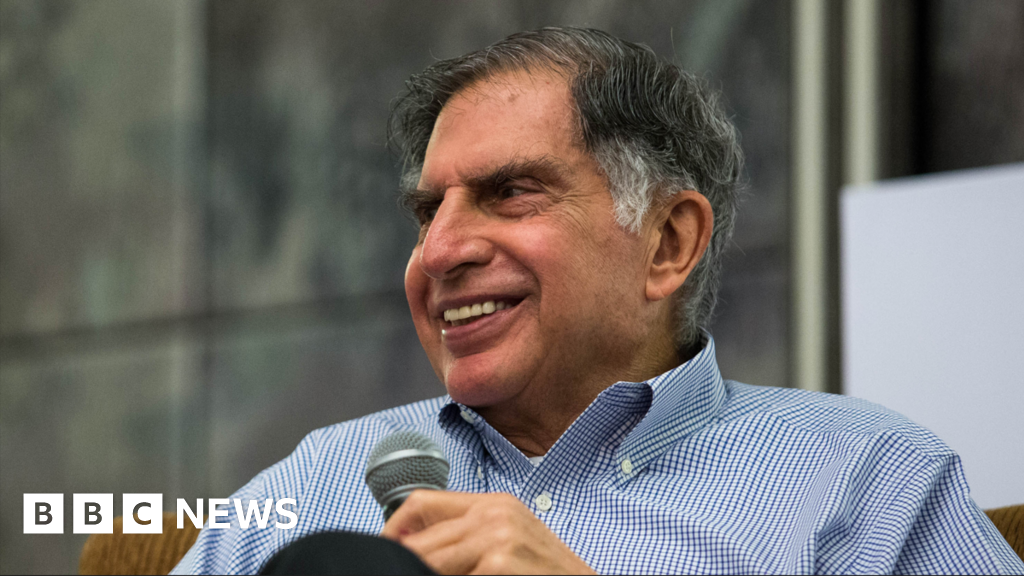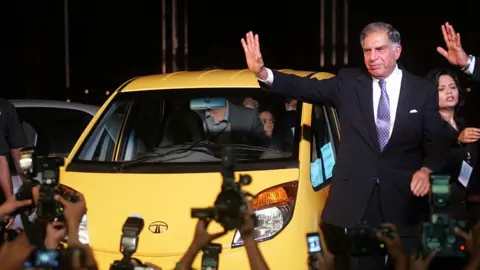TSB charged a dead person fees for missing a mortgage payment and told another borrower not to buy clothes or school meals for their children, UK regulators said as they fined the bank £10.9mn for failing to treat struggling customers fairly.
The Financial Conduct Authority said on Thursday that TSB’s “inadequate processes” between 2014 and 2020 had “created a real risk that repayment plans were not realistic” for customers.
The fine comes as a hostile takeover bid for TSB’s Spanish owner Sabadell by bigger rival BBVA has reignited a debate about the future of the UK lender, which six years ago suffered one of the biggest IT outages in the sector that left 2mn customers locked out of their accounts.
The FCA said on Thursday that TSB’s employees did not receive sufficient training and were “potentially encouraged by incentive schemes to prioritise the number of plans made over taking enough time to assess individual customer circumstances”.
TSB, which brands itself as “local banking for Britain”, told one woman struggling with her mortgage she could skip buying clothes or school lunches for her children as it put her on a repayment plan she could not afford.
“As a result of its failings, TSB risked agreeing unaffordable payment arrangements with customers in difficulty or charging them inappropriate fees,” the FCA found.
The FCA said TSB charged fees for a missed mortgage payment by a customer who had died “where there was no grant of probate or personal representative in place, meaning that there was no prospect of repayment activity taking place on the account at that time”.
In another case, TSB sued a customer after mistakenly treating their large payment as a debit rather than a credit, which pushed them over the bank’s automatic threshold for litigation of customers in arrears.
In total, more than 200,000 mortgage, overdraft, credit card and loan customers were affected, paying the bank almost £260mn in fees and interest, the FCA said. The Sabadell-owned high street bank has paid nearly £100mn in redress costs as a result.
“TSB’s woeful systems and controls exposed its customers to risk of harm and meant it missed opportunity after opportunity to do the right thing,” said Therese Chambers, the FCA’s joint executive director of enforcement and market oversight.
The fine comes as the regulator is increasing its focus on the fair treatment of customers through a new “consumer duty” regime introduced in July 2023.
TSB, which was carved out of Lloyds Banking Group after the financial crisis, floated on the London Stock Exchange in 2014, with the ambition of challenging the dominance of UK high street banks.
It aimed to capitalise on customers’ distrust of legacy banks and made a point of scrapping internal sales targets and offering customers higher interest rates. Less than a year later, it was bought by Sabadell in a £1.7bn deal.
TSB now has about 5mn customers and a £36bn loan book.
TSB said these were historic issues and that the lender had contacted all affected customers to “apologise and reimburse them for not providing the level of service we should have.”
“We fixed the underlying issues some time ago and have considerably enhanced our support for customers experiencing financial difficulty,” they added.
The lender co-operated with the FCA and qualified for a 30 per cent discount on a fine that otherwise would have been £15.6mn.
TSB ranked 13th out of 15 for service quality in an industry-wide customer survey by Ipsos last year, and said this year that it would close 36 of its 200 branches and cut 250 jobs from a total of more than 5,000.













































































































































You must be logged in to post a comment Login